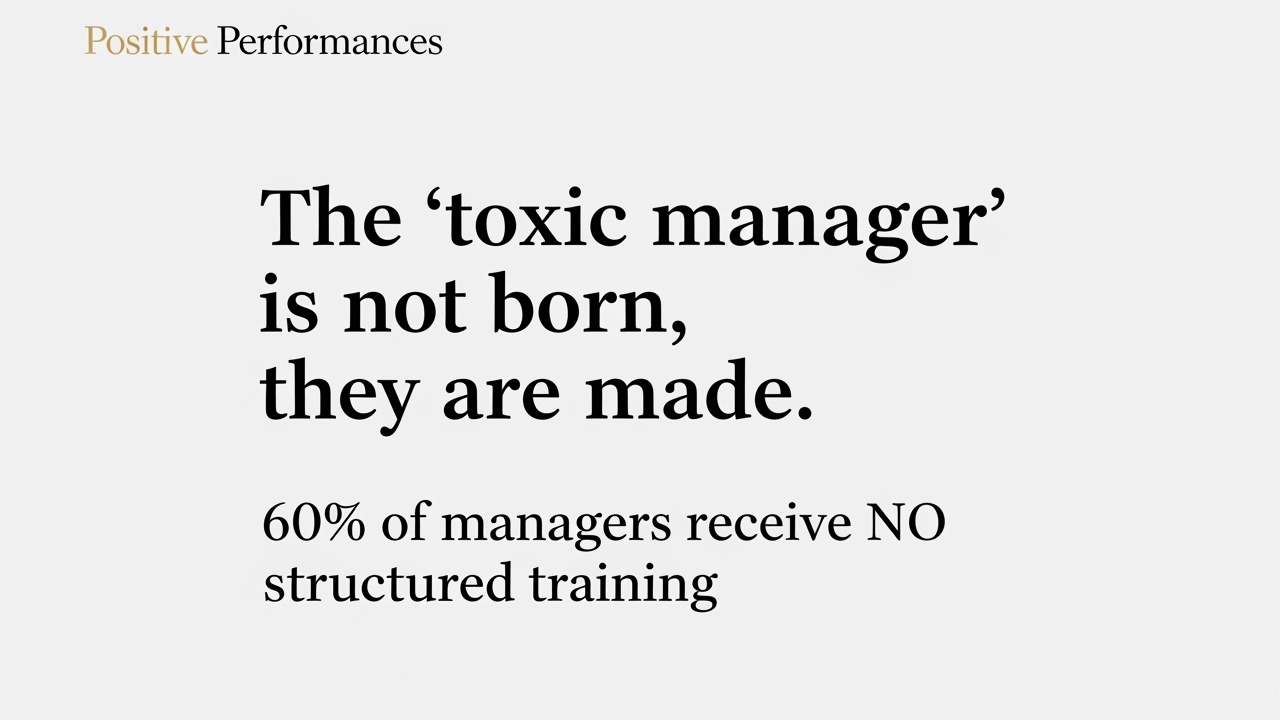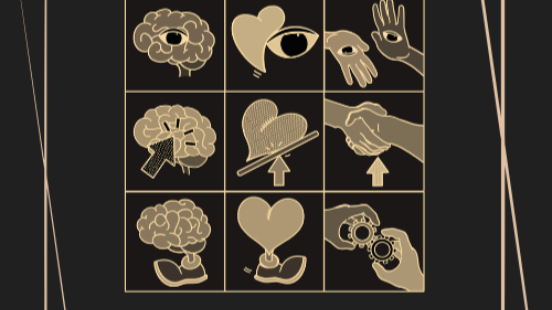Take the survey https://su.vc/ttpbypp
2.2 Work orientation:
On the one hand, regardless of whether it is a compensated activity or not, work can make an employee proud and contribute to his wellbeing (Schaufeli & Bakker, 2010). On the other hand, it can be a source of frustration, stress, fatigue, and burnout (Buick & Thomas, 2001; O’Neill & Xiao, 2010).

What we do to occupy our lives is also one of the primary points we raise when meeting people for the first time (Ryan 1995). Active adults spend more time working than doing any other activity in their lives (Bureau of Labor Statistics, 2018). In recent years, the relationship between work and private life has completely changed, particularly in developed parts of the world. Protean careers as noted by Hall (1998), are becoming the norm, putting more pressure on individual performance and corporate behaviour, which has an immediate impact on the individual’s physical and psychological wellbeing (Porath, Spreitzer, Gibson, & Garnett, 2012).
The findings of a 2018 research study with 7,600 participants confirm a global shift in employees’ expectations. 75% of workers desired to work for a company with a strong sense of purpose and 77% would like their companies to focus on health and wellbeing (Mercer, 2018). Wrzesniewski, McCauley, Rozin and Schwartz (1997) assert that it is essential to research people’s subjective work experience (Wrzesniewski et al.,1997).
In a study built on Bellah, Madsen, Sullivan, Swidler and Tipton’s (1985) and Schwartz’s (1986) concept of people’s three WOs being jobs, careers and calling, Wrzesniewski et al. (1997) wanted to provide a proof of the merit of the job, career, calling distinctions. They, therefore developed a scale named the University of Pennsylvania work-life questionnaire, a combination of three paragraphs describing job, career and calling followed by 18 true/false questions about the participants’ relations to work and finally a three self-rating items on health, satisfaction with life and job. The Wrzesniewski et al. (1997) study’s results were:
• One-third of the participants considered their occupation as a job or just a way of making a living and putting food on their table. For this group, work was not a pleasure but a means of survival.
• Another third saw work as a career, a way to belong to a community, to attain achievements and to obtain social status.
• The last third lived work as a calling or vocation, the line between their professional and private lives was non-existent, and salary was not their primary motivation to work.
As suggested in their study, ‘calling’ respondents had a higher score in LS and job satisfaction. However, unexpectedly, the distribution of ‘calling, career or job’ WO were equally represented among executives and managers (Wrzesniewski et al., 1997)
PS: This is an extraction from:
Hospitality managers’ well-being: Emotional exhaustion, disengagement and the relationship with work orientation and life satisfaction
Hrafnhildur Krumma Jonsdottir
Student n°: U1637298 School of Psychology,
University of East London, Water Lane, London
Programme: MAPPCP Term: 2-2019 Submitted on May 14th 2019
Module leader: Dr Rona Hart











